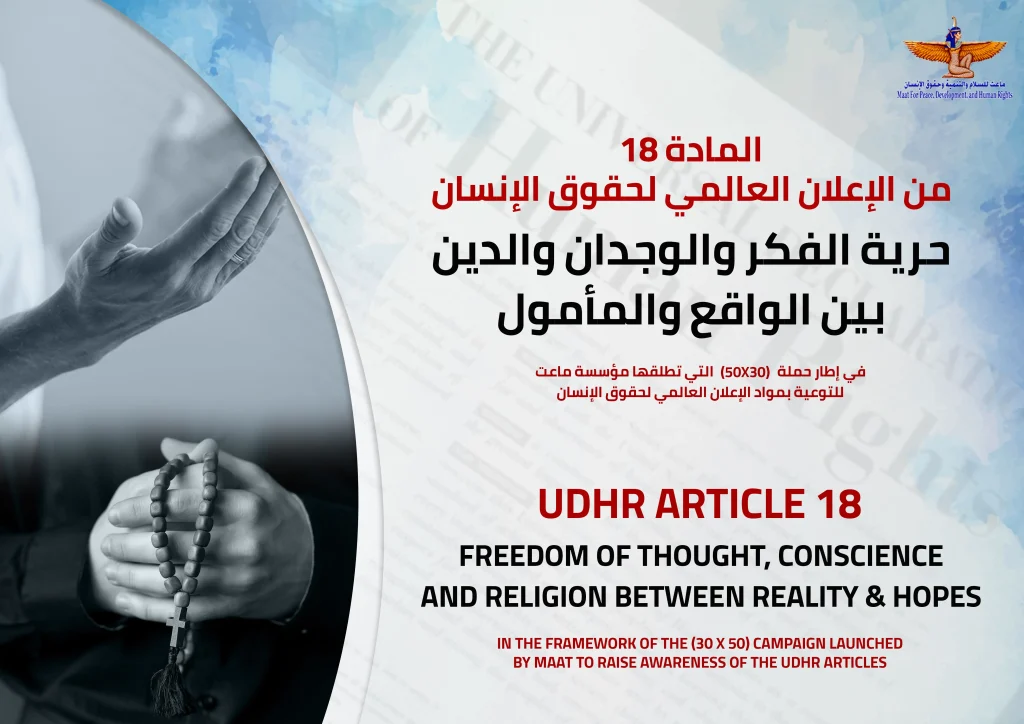Adopted and offered for signature, ratification and accession by United Nations General Assembly Resolution 44/128 of 15 December 1989
The States Parties to this Protocol,
Believing that the abolition of the death penalty contributes to the strengthening of human dignity and the progressive development of human rights,
Recalling Article 3 of the Universal Declaration of Human Rights adopted on 10 December 1948, and Article 6 of the International Covenant on Civil and Political Rights adopted on 16 December 1966,
Noting that Article 6 of the International Covenant on Civil and Political Rights refers to the abolition of the death penalty in terms that strongly suggest that such abolition is desirable,
Convinced that all measures aimed at abolishing the death penalty should be considered an advance in the enjoyment of the right to life,
Desiring to assume, in accordance with this Protocol, an international commitment to abolish the death penalty,
Have agreed as follows:
Article 1
1. No person subject to the jurisdiction of a State party to this Protocol shall be executed.
2. Each State Party shall take all necessary measures to abolish the death penalty within its jurisdiction.
Article 2
1. No reservation is permitted to this Protocol except with respect to a reservation that was made upon ratification or accession to it, which provides for the application of the death penalty in time of war in accordance with a conviction for a very serious crime of a military nature committed in time of war.
2. The State Party, which declares such a reservation, shall send to the Secretary-General of the United Nations, upon ratification or accession to the Protocol, the relevant provisions of its national legislation that apply in wartime.
3. A State Party declaring such a reservation shall notify the Secretary-General of the United Nations of the beginning or end of any state of war applicable to its territory.
Article 3
The States Parties to this Protocol shall include in the reports they submit to the Human Rights Committee, in accordance with Article 40 of the Covenant, information on the measures they have taken to give effect to this Protocol.
Article 4
With regard to states parties to the Covenant that have made a declaration under Article 41, the competence of the Human Rights Committee to receive and consider communications, when a state party claims that another state party is not fulfilling its obligations, extends to the provisions of this protocol unless the state party concerned issues a statement indicating The opposite is true when ratifying or acceding to the Protocol.
Article 5
With regard to states parties to the first Optional Protocol to the International Covenant on Civil and Political Rights adopted on December 16, 1966, the competence of the Human Rights Committee to receive and consider letters received from individuals under its jurisdiction extends to the provisions of this protocol unless the State party concerned issues A statement indicating the opposite when ratifying or acceding to the Protocol.
Article 6
1. The provisions of this Protocol apply as additional provisions of the Covenant.
2. Without prejudice to the possibility of declaring a reservation under Article 2 of this Protocol, the right guaranteed in Article 1, paragraph 1, of this Protocol does not derogate from Article 4 of the Covenant.
Article 7
1. This Protocol is open for signature by any of the countries that have signed the Covenant.
2. This Protocol shall be ratified by any country that has ratified or acceded to the Covenant. The instruments of ratification shall be deposited with the Secretary-General of the United Nations.
3. This Protocol is open for accession to any country that has ratified or acceded to the Covenant.
4. Accession shall enter into force with the deposit of the instrument of accession with the Secretary-General of the United Nations.
5. The Secretary-General of the United Nations shall inform all states that have signed or acceded to this Protocol of the deposit of each instrument of ratification or accession.
Article 8
1. This Protocol shall enter into force three months after the date of the deposit of the instrument of ratification or the tenth accession with the Secretary-General of the United Nations.
2. This Protocol shall enter into force for every country that ratifies or accedes to it after the tenth instrument of ratification or accession has been deposited, after the lapse of three months from the date of depositing its instrument of ratification or accession.
Article 9
The provisions of this Protocol apply to all parts of the federal states without any restrictions or exceptions.
Article 10
The Secretary-General of the United Nations shall communicate the following details to all states referred to in article 48, paragraph 1, of the Covenant:
(A) Reservations, communications and notifications issued under Article 2 of this Protocol,
(B) Statements made under Article 4 or Article 5 of this Protocol,
(C) Signatures, ratifications and accessions under Article 7 of this Protocol,
(D) The date of entry into force of this Protocol under Article 8 thereof.
Article 11
1. This Protocol, of which the Arabic, Chinese, English, French, Russian and Spanish texts are equally authentic, shall be deposited in the archives of the United Nations.
2. The Secretary-General shall send certified copies of this protocol to all the states referred to in article 48 of the Covenant.








